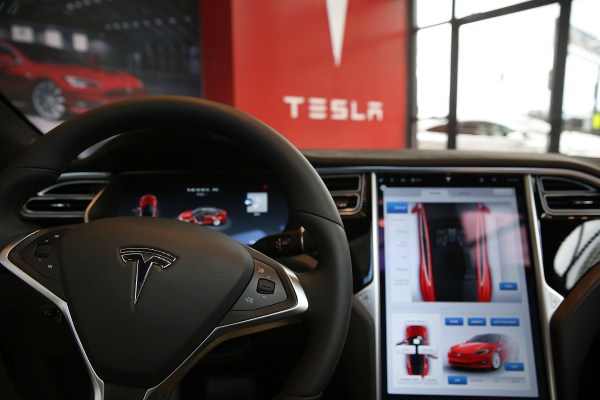The National Transportation Safety Board (NTSB) held a meeting today to discuss the results of its investigation into a 2016 crash in which a Tesla Model S with Autopilot engaged collided with a transport truck, resulting in the death of the Tesla’s driver Joshua Brown.
The NTSB report follows a finding earlier this year from NHTSA that found no evidence that Tesla’s Autopilot software didn’t work as intended. The NTSB similarly found that the system operated as intended – but also cited the driver’s inattentiveness, a result of his excess reliance on the Autopilot tech, was a cause in the death.
Per Recode, the agency’s probable accident cause reads in part:
Contributing to the car driver’s over-reliance on the vehicle automation was its operational design, which permitted his prolonged disengagement from the driving task and his use of the automation in ways inconsistent with guidance and warnings from the manufacturer.
NTSB’s members voted unanimously to attribute the probable cause of the accident to multiple factors, however, including also the failure of the truck driver to yield to the vehicle. But it said that while Tesla’s system was operating as technically designed, it was also not being used in the situations it was intended for, which means the driver wasn’t as engaged as they should be. In fact, the driver ignored at least seven warnings from the system to re-engage before the accident occured.
Tesla has altered the way its system operates since the accident, adding a feature that disengages the Autopilot system entirely if a driver is continually inattentive, and slowing the vehicle to a stop if warnings are repeatedly ignored. Autopilot also can’t be re-engaged at this point unless the vehicle comes to a complete stop and is re-started again. Autopilot improvements also included changes to how it operates on a sensor and automation level to prevent this kind of mishap in the future.
The board’s recommendations essentially suggest that systems like Autopilot simply cease to work when used outside of their intended operation conditions (which the new repeated warning shut-down addresses, at least in part). This recommendation is made to all manufacturers who offer automated vehicle controls, including Audi, Volvo, Infinity, Mercedes, BMW and Tesla.
A Tesla spokesperson provided the following statement regarding the NTSB’s findings to TechCrunch:
At Tesla, the safety of our customers comes first, and one thing is very clear: Autopilot significantly increases safety, as NHTSA has found that it reduces accident rates by 40%. We appreciate the NTSB’s analysis of last year’s tragic accident and we will evaluate their recommendations as we continue to evolve our technology. We will also continue to be extremely clear with current and potential customers that Autopilot is not a fully self-driving technology and drivers need to remain attentive at all times.
